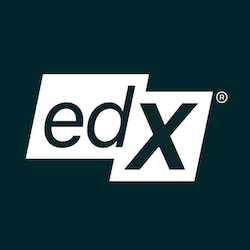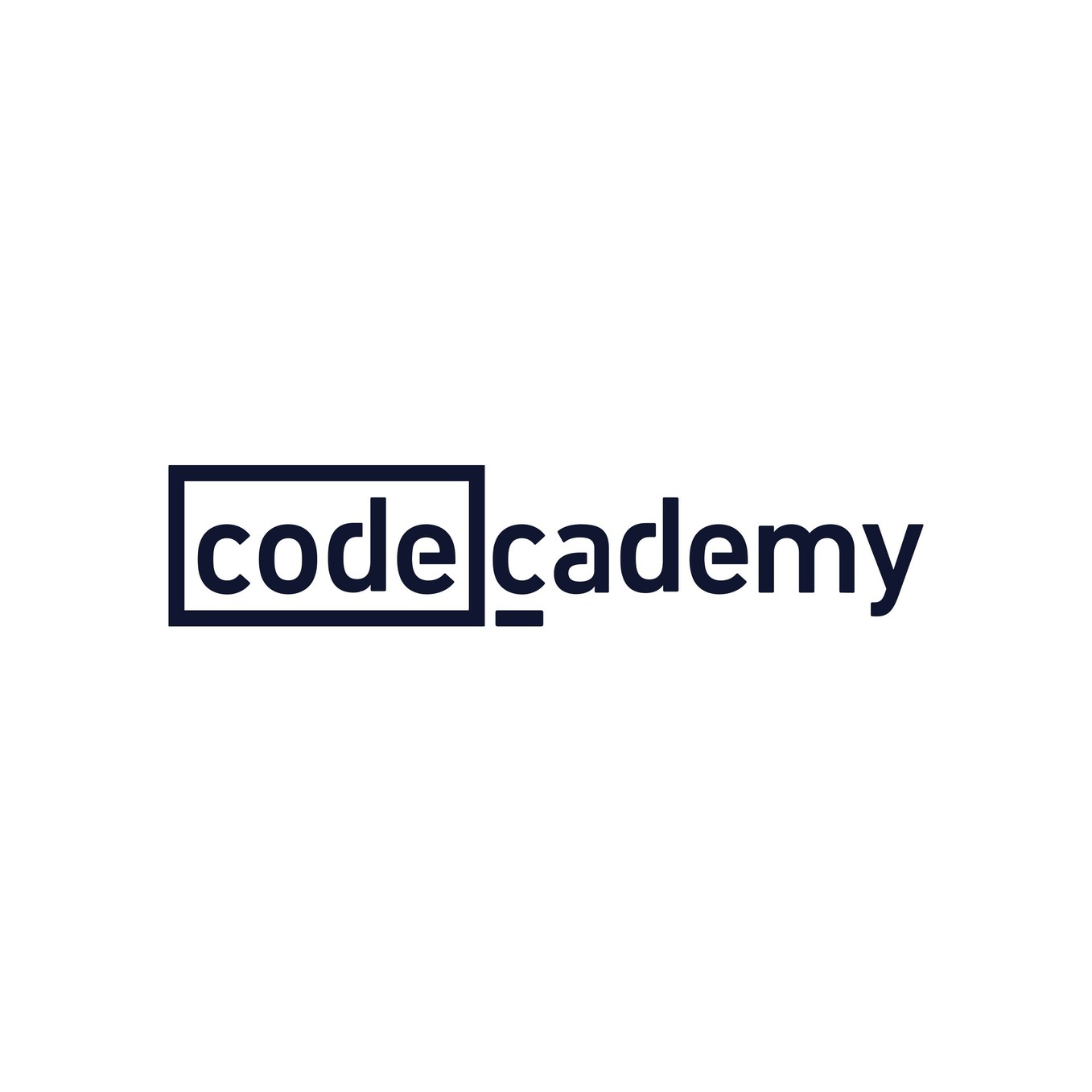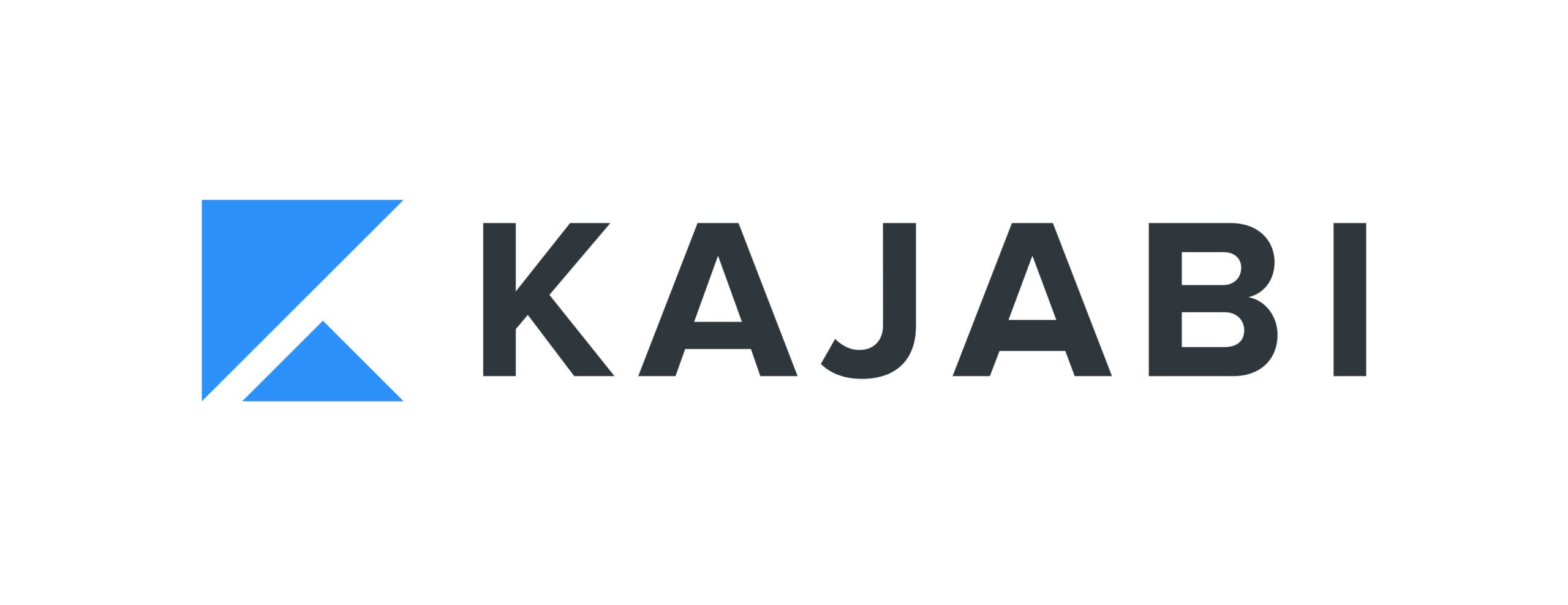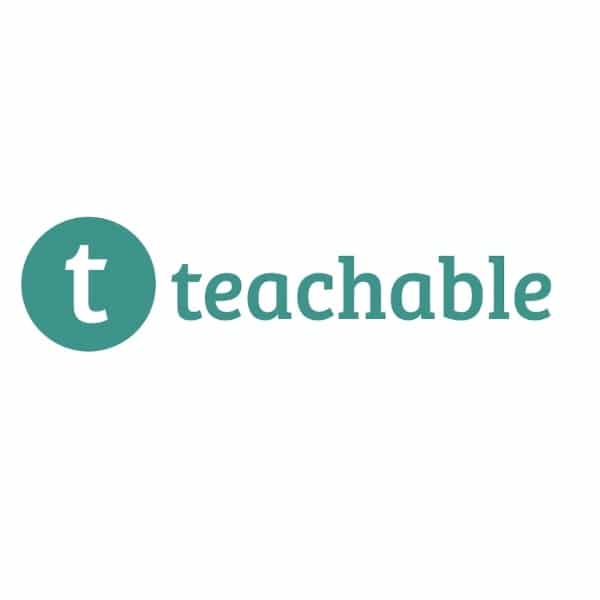Affiliate programs for online education platforms have become increasingly popular as the demand for online learning continues to rise. These programs allow individuals or businesses to earn commissions by promoting courses or services offered by online education platforms.
The World of Affiliate Programs: A Comprehensive Guide

This is the time to join the world most popular affiliate programs and take maximum benefits. Affiliate marketing has become a cornerstone of digital commerce, enabling businesses to expand their reach and increase sales while offering individuals the opportunity to earn income by promoting products and services. With the proliferation of online businesses, affiliate marketing programs have flourished, creating a vast landscape of opportunities for both companies and marketers worldwide. In this article, we delve into the diverse ecosystem of Affiliate Programs for Online Education, exploring the various platforms and networks that connect advertisers with publishers across the globe.
What is the Affiliate Programs and how it work.
Affiliate programs platforms offer a lucrative opportunity for individuals and businesses to earn commissions by promoting global resources to a global audience. Let’s delve deeper into this topic by exploring various aspects of affiliate programs for online platforms around the world:

Commission Structures:
Affiliate programs typically offer various commission structures, including fixed commissions, percentage-based commissions, or a combination of both. Some programs may also offer tiered commission structures, where affiliates earn higher commissions based on the number of sales they generate or the value of the purchases made through their referral links.
Marketing Materials and Support:
Successful affiliate programs provide affiliates with a range of marketing materials and support to help them promote products effectively. These may include banners, text links, email templates, social media graphics, and other promotional assets. Additionally, many programs offer dedicated affiliate managers or support teams to assist affiliates with their marketing efforts and answer any questions they may have.

Tracking and Reporting:
Tracking is a crucial aspect of affiliate programs, allowing affiliates to monitor the performance of their promotional efforts accurately. Most programs provide affiliates with tracking links or unique referral codes to track clicks, conversions, and commissions. Advanced tracking systems also offer detailed reporting dashboards, providing affiliates with insights into their campaign performance, conversion rates, and earnings.
Cookie Duration:
Cookie duration refers to the length of time a cookie (a small piece of data stored on the user’s browser) remains active after a user clicks on an affiliate link. Longer cookie duration provide affiliates with a greater opportunity to earn commissions if the user makes a purchase within the specified time frame. Affiliate programs may offer varying cookie duration, ranging from a few days to several months.
Promotional Strategies:
Affiliates programs employ various promotional strategies to drive traffic and conversions to targeted platforms. These strategies may include content marketing, email marketing, social media promotion, influencer partnerships, search engine optimization (SEO), paid advertising, and more. Successful affiliates often experiment with different strategies to identify what works best for their audience and niche.

Niche Specialization:
Some affiliates choose to specialize in specific niches within the industry, such as programming, digital marketing, photography, language learning, or personal development. By focusing on a particular niche, affiliates can better target their audience and provide valuable content and recommendations tailored to their interests and needs.
Affiliate Networks:
Affiliate programs networks serve as intermediaries between affiliates and online education platforms, providing a centralized platform for affiliates to discover and join multiple affiliate programs. These networks offer a wide range of programs across various industries, making it easier for affiliates to find relevant opportunities and manage their partnerships efficiently.
Compliance and Regulations:
Affiliates are often required to adhere to certain guidelines, terms of service, and legal regulations set forth by affiliate networks. These may include restrictions on promotional methods, prohibited content, disclosure requirements, and compliance with data protection laws such as the General Data Protection Regulation (GDPR) in Europe and the California Consumer Privacy Act (CCPA) in the United States.
In conclusion, affiliate programs present a dynamic and profitable opportunity for individuals and businesses to monetize their influence and expertise while promoting valuable resources to a global audience. By leveraging effective marketing strategies, tracking tools, and support from affiliate programs, affiliates can maximize their earnings and contribute to the growth of the online education industry.
These platforms offer diverse opportunities for affiliates to earn commissions by promoting online education resources, including course creation platforms, virtual classroom solutions, and coding boot camps. Affiliates interested in joining these programs can typically sign up through the platform’s website and start promoting their products or services using unique referral links provided to them.
Understanding Affiliate Marketing
Before delving into the plethora of affiliate programs available worldwide, it’s essential to grasp the fundamentals of affiliate marketing. At its core, affiliate marketing is a performance-based marketing strategy where businesses reward affiliates (publishers or marketers) for driving traffic or sales to their products or services through the affiliate’s marketing efforts. These efforts typically involve promoting products through various channels such as websites, blogs, social media, email marketing, and more.

Affiliate programs serve as the framework for this collaborative relationship between advertisers and publishers. Advertisers provide affiliates with unique tracking links or codes to identify the traffic or sales generated through their promotional activities. In return, affiliates receive commissions or other incentives based on predefined actions, such as clicks, leads, or sales.
Affiliate Programs for Online Education
In recent years, the landscape of education has undergone a remarkable transformation, propelled by the rapid advancement of technology. Online education has emerged as a prominent force, offering flexibility, accessibility, and affordability to learners worldwide. Within this dynamic ecosystem, Affiliate Programs for Online Education have become instrumental in driving growth and fostering collaboration among online education platforms, content creators, and marketers.

Affiliate Programs for Online Education, a form of performance-based marketing, enable individuals or organizations to promote products or services and earn a commission for each successful referral or sale they generate. In the realm of online education, these programs have gained traction as a powerful mechanism for expanding reach, acquiring new customers, and increasing revenue streams. Here’s a closer look at how affiliate programs are reshaping the landscape of online education:
Diverse Monetization Opportunities:
Affiliate Programs for Online Education offer diverse monetization opportunities for content creators, bloggers, influencers, and website owners within the online education niche. By partnering with reputable education platforms, affiliates can monetize their traffic, audience, or expertise by promoting relevant courses, tutoring services, or learning resources.
Increased Reach and Visibility:
Through strategic partnerships with affiliates, online education providers can extend their reach and amplify their brand visibility across various digital channels. Affiliates leverage their existing networks, audiences, and marketing channels to drive targeted traffic to the education platform, thereby expanding its customer base and market presence.
Cost-Effective Marketing Strategy:
Affiliate marketing presents a cost-effective alternative to traditional advertising and marketing channels. Education providers only pay for actual results, such as course enrollments or subscription sign-ups, ensuring a high return on investment (ROI). Additionally, affiliates assume the bulk of marketing expenses, including content creation, promotion, and audience engagement.
Personalized Recommendations:
Affiliates play a crucial role in providing personalized recommendations and tailored learning experiences to their audiences. By leveraging their expertise and insights, affiliates can match learners with relevant courses or educational resources that align with their interests, goals, and learning preferences, enhancing overall satisfaction and engagement.

Mutually Beneficial Partnerships:
Affiliate Programs for Online Education foster mutually beneficial partnerships between education providers and affiliates, creating a symbiotic relationship where both parties stand to gain. Education platforms benefit from increased traffic, conversions, and revenue, while affiliates receive commissions, incentives, and access to exclusive resources or promotional materials.
Data-Driven Insights and Optimization:
Affiliate marketing offers valuable data-driven insights and analytics that enable education providers to track performance, optimize campaigns, and refine their marketing strategies over time. By analyzing key metrics such as click-through rates, conversion rates, and customer demographics, educators can make informed decisions to enhance the effectiveness of their affiliate programs.
Continuous Learning and Innovation:
The dynamic nature of affiliate marketing encourages continuous learning, innovation, and experimentation within the online education sector. Education providers and affiliates collaborate to explore new promotional tactics, creative strategies, and emerging trends, driving innovation and differentiation in the competitive marketplace.
In conclusion, Affiliate Programs for Online Education have emerged as a game-changer in the realm of online education, offering a win-win proposition for education providers, affiliates, and learners alike. By harnessing the power of strategic partnerships, personalized recommendations, and data-driven insights, affiliate marketing has the potential to propel the growth and evolution of online education in the digital age. As the demand for flexible, accessible learning experiences continues to rise, affiliate programs are poised to play an increasingly pivotal role in shaping the future of education worldwide. Here, I’ll provide an overview of Affiliate Programs for Online Education offered by some prominent online education platforms around the world.

Coursera Affiliate Program
Coursera is one of the leading online education platforms offering a wide range of courses from universities and colleges worldwide. They have Affiliate Programs for Online Education that allows affiliates to earn commissions by promoting Coursera courses. Affiliates can earn a commission for each qualified purchase made through their referral links. Coursera provides affiliates with marketing materials, tracking tools, and support to help them succeed.

edX Affiliate Program
edX is a nonprofit online learning platform offering courses from top universities and institutions. They have an affiliate program that enables affiliates to earn commissions by promoting edX courses. Affiliates can earn a percentage of each sale generated through their referral links. edX provides affiliates with promotional materials, tracking tools, and dedicated support to help them maximize their earnings.

Skillshare Affiliate Program
Skillshare is an online learning community offering thousands of classes in various creative and entrepreneurial fields. Their affiliate program allows affiliates to earn a commission for every new member sign-up or premium membership purchase through their referral links. Skillshare provides affiliates with marketing resources, performance tracking, and commission reporting to help them optimize their promotions.

FutureLearn Affiliate Program
FutureLearn is a digital education platform offering courses from leading universities and institutions globally. They have an affiliate program that enables affiliates to earn commissions by promoting FutureLearn courses. Affiliates can earn a commission for each sale made through their referral links. FutureLearn offers affiliates access to marketing materials, tracking tools, and support to assist them in driving conversions.

LinkedIn Learning Affiliate Program
LinkedIn Learning, formerly known as Lynda.com, is a popular online learning platform offering courses in business, technology, creative skills, and more. Their affiliate program allows affiliates to earn commissions by promoting LinkedIn Learning subscriptions. Affiliates can earn a commission for each new subscription or upgrade generated through their referral links. LinkedIn Learning provides affiliates with marketing materials, tracking tools, and support to help them drive conversions.

MasterClass Affiliate Program
MasterClass is an online platform that offers courses taught by celebrities and industry experts in various fields such as cooking, writing, film making, music, and more. While MasterClass does not have a traditional affiliate program, they offer a referral program that allows affiliates to earn credits for each new member sign-up through their referral links. Affiliates can use these credits to access MasterClass content or gift memberships to others.

Codecademy Affiliate Program
Codecademy is an online platform offering interactive coding courses in programming languages such as Python, JavaScript, HTML, CSS, and more. Their Affiliate Programs for Online Education allows affiliates to earn commissions by promoting Codecademy Pro memberships. Affiliates can earn a commission for each new Pro membership purchase made through their referral links. Codecademy provides affiliates with marketing resources, tracking capabilities, and support to help them succeed.

Thinkific Affiliate Program
Thinkific is an online course platform that enables users to create, market, and sell their own courses. Their Affiliate Programs for Online Education allows affiliates to earn commissions by promoting Thinkific’s platform and services. Affiliates can earn a commission for each new course creator sign-up or subscription sale generated through their referral links. Thinkific offers affiliates access to promotional resources, tracking capabilities, and assistance to maximize their earnings.

Podia Affiliate Program
Podia is a one-stop shop for digital downloads, memberships, and online courses. Their affiliate program enables affiliates to earn recurring commissions by promoting Podia’s platform and products. Affiliates can earn a commission for each new customer sign-up or subscription renewal generated through their referral links. Podia provides affiliates with marketing assets, tracking tools, and support to help them drive conversions.

LearnWorlds Affiliate Program
LearnWorlds is a platform for creating and selling online courses with features such as interactive video lessons, quizzes, and certificates. Their affiliate program allows affiliates to earn commissions by promoting LearnWorlds’ platform and course offerings. Affiliates can earn a commission for each new customer sign-up or course sale generated through their referral links. LearnWorlds offers affiliates marketing materials, tracking capabilities, and assistance to optimize their promotional efforts.

SkillSuccess Affiliate Program
SkillSuccess is an online learning platform offering courses in various categories, including business, technology, personal development, and more. Their affiliate program enables affiliates to earn commissions by promoting SkillSuccess memberships and courses. Affiliates can earn a commission for each new member sign-up or course purchase made through their referral links. SkillSuccess provides affiliates with promotional resources, tracking tools, and support to help them succeed.

Cudoo Affiliate Program
Cudoo is an online education portal that provides professional development, soft skill, and language courses. Their affiliate program enables affiliates to earn commissions by promoting Cudoo memberships and courses. Affiliates can earn a commission for each new member sign-up or course purchase made through their referral links. Cudoo offers affiliates access to promotional materials, tracking tools, and support to help them succeed in their promotional efforts.

Kajabi Affiliate Program
Kajabi is a platform that allows users to create, market, and sell online courses, membership sites, and digital products. Their affiliate program allows affiliates to earn commissions by promoting Kajabi’s platform to course creators and entrepreneurs. Affiliates can earn a commission for each new customer referred to Kajabi who signs up for a paid plan. Kajabi offers affiliates access to promotional materials, tracking capabilities, and dedicated support.
Teachable Affiliate Program
With the help of the internet platform Teachable, both people and companies can produce and market online courses. The Teachable affiliate program enables affiliates to earn commissions by promoting Teachable’s platform and referring course creators, providing opportunities for affiliate marketers interested in the e-learning and education niche.

Udemy Affiliate Program
Udemy is a leading Affiliate Programs for Online Education that offers thousands of courses across diverse subjects and industries. The Udemy affiliate program allows affiliates to earn commissions by promoting courses to their audience and driving course enrollments, offering a wide range of educational opportunities for affiliate marketers.
These are just a few examples of Affiliate Programs for Online Education. Many other platforms offer similar opportunities for individuals or businesses to earn commissions by promoting online courses and educational resources. Affiliates interested in joining these programs can typically sign up through the platform’s website and start promoting courses using unique referral links provided to them.
FAQ’s Frequently Asked Questions
- What is an affiliate program in the context of online education?
An Affiliate Programs for Online Education is a partnership arrangement where individuals or organizations promote educational products or services offered by an education platform or provider. For every successful transaction or referral they bring about through their marketing initiatives, affiliates are paid a commission.
- How do affiliate programs benefit online education platforms?
Affiliate programs benefit online education platforms by helping them expand their reach, increase brand visibility, and acquire new customers. Affiliates leverage their networks and marketing channels to drive targeted traffic to the platform, resulting in increased course enrollments or subscription sign-ups.
- Who can participate in affiliate programs for online education?
Anyone with a platform, blog, website, social media presence, or email list related to education, learning, or relevant niches can participate in affiliate programs for online education. This includes content creators, bloggers, influencers, educators, and industry experts.
- What types of products or services are typically promoted through affiliate programs in online education?
Products or services promoted through affiliate programs in online education may include online courses, e-books, digital learning materials, tutoring services, certification programs, educational software, and subscription-based learning platforms.
- How do affiliates promote online education products or services?
Affiliates promote online education products or services through various marketing channels, including their websites, blogs, social media profiles, email newsletters, webinars, podcasts, and online communities. They may create content such as reviews, tutorials, comparison guides, and recommendations to engage their audience and drive conversions.
- What are the benefits of participating in affiliate programs for affiliates?
Participating in affiliate programs for online education offers several benefits for affiliates, including earning passive income, monetizing their audience or expertise, accessing exclusive promotional materials or resources, and expanding their professional network within the education industry.
- How are commissions calculated in affiliate programs for online education?
Commissions in affiliate programs for online education are typically calculated as a percentage of the sale value or a fixed amount per referral or conversion. The specific commission structure may vary depending on the program and the terms agreed upon between the education platform and the affiliate.
- Are there any costs associated with joining affiliate programs for online education?
In most cases, joining affiliate programs for online education is free of charge. Affiliates do not incur any upfront costs to participate. However, they may need to invest time and resources in creating content, promoting products, and optimizing their marketing strategies to maximize their earnings potential.
- How can affiliates track their performance and earnings in affiliate programs for online education?
Affiliates can track their performance and earnings in affiliate programs for online education through tracking links, affiliate dashboards, and reporting tools provided by the education platform. These tools offer insights into metrics such as clicks, conversions, commissions earned, and payout schedules.
- What tips do you have for success in affiliate marketing within the online education niche?
To succeed in affiliate marketing within the online education niche, focus on building trust with your audience, creating valuable content that addresses their needs and interests, diversifying your promotional channels, staying updated on industry trends, and continuously optimizing your strategies based on performance data and feedback. Additionally, choose affiliate programs and products that align with your audience and expertise to maximize your earning potential and long-term success.
- Are there any requirements to join affiliate programs for online education?
Requirements to join affiliate programs for online education vary depending on the platform or provider. Some may have specific criteria such as minimum traffic thresholds, content quality standards, or relevant niche alignment. However, many programs are open to individuals or organizations with a genuine interest in promoting educational products or services.
- How are payments processed in affiliate programs for online education?
Payments in affiliate programs for online education are typically processed through various methods, including direct bank transfers, PayPal, checks, or digital payment platforms. The payment schedule and minimum payout thresholds may vary depending on the program’s terms and conditions.
- Can affiliates promote multiple online education programs simultaneously?
Yes, affiliates can promote multiple online education programs simultaneously, provided they adhere to the terms and conditions of each program and disclose any potential conflicts of interest to their audience. Diversifying the range of programs promoted can help affiliates maximize their earning potential and cater to a broader audience.
- Do affiliate programs for online education provide marketing support or resources to affiliates?
Many affiliate programs for online education offer marketing support and resources to affiliates to help them effectively promote products or services. This support may include access to banners, text links, promotional materials, affiliate newsletters, and dedicated affiliate managers who offer guidance and assistance.
- Are there any legal or ethical considerations affiliates should be aware of when participating in affiliate programs for online education?
Affiliates should adhere to legal and ethical guidelines when promoting products or services through affiliate programs for online education. This includes disclosing their affiliate relationship to their audience, providing honest and transparent reviews, avoiding misleading or deceptive marketing practices, and respecting intellectual property rights.
- Can affiliates track the performance of their promotional efforts in real-time?
Many affiliate programs for online education provide affiliates with real-time tracking and reporting capabilities to monitor the performance of their promotional efforts. Affiliates can access metrics such as clicks, conversions, sales, and earnings through affiliate dashboards or reporting tools provided by the program.
- Are there any restrictions on the promotional methods affiliates can use in affiliate programs for online education?
Some affiliate programs for online education may have restrictions on certain promotional methods or channels, such as paid advertising, email marketing, or incentivized traffic. Affiliates should carefully review the program’s terms and conditions to ensure compliance with any restrictions or guidelines.
- Can affiliates target specific demographics or audiences in their promotional efforts?
Yes, affiliates can target specific demographics or audiences in their promotional efforts within the parameters set by the affiliate program. This may involve tailoring content, messaging, and marketing strategies to resonate with the preferences, interests, and needs of the target audience.
- Are there opportunities for affiliates to collaborate or network with other affiliates in the online education niche?
Yes, there are opportunities for affiliates to collaborate or network with other affiliates in the online education niche through forums, online communities, social media groups, and industry events. Networking with fellow affiliates can facilitate knowledge sharing, resource exchange, and potential partnership opportunities.
- How can affiliates stay informed about new products, promotions, or updates in affiliate programs for online education?
Affiliates can stay informed about new products, promotions, or updates in affiliate programs for online education by subscribing to affiliate newsletters, following program announcements on social media, regularly checking the affiliate dashboard or portal, and communicating with their affiliate manager for updates and insights.

